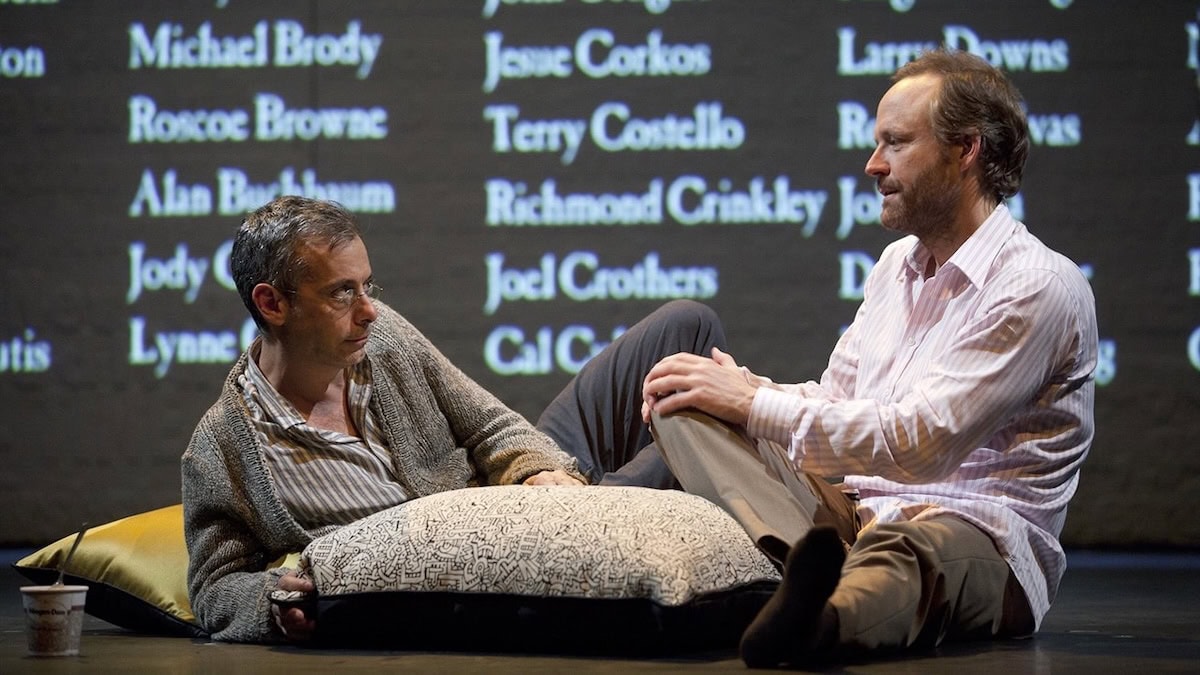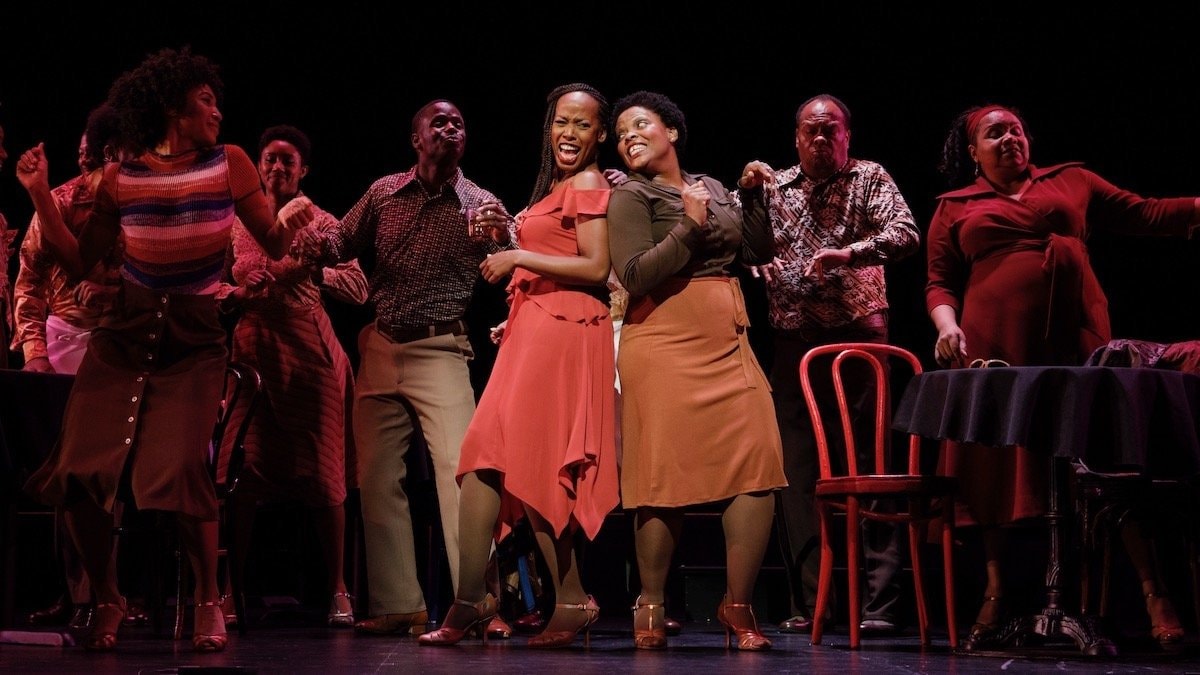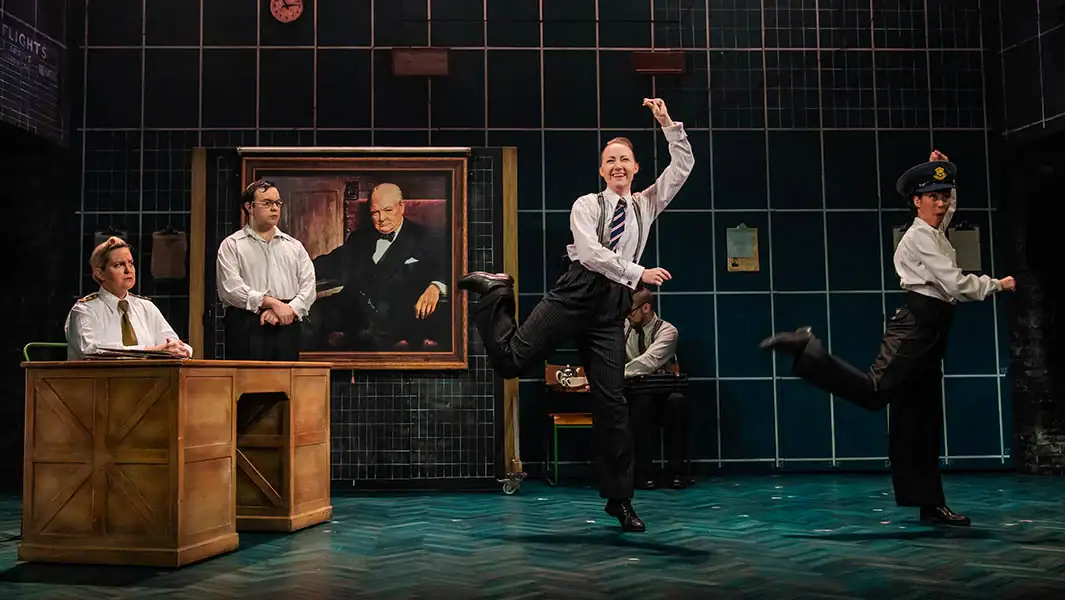
Sponsored by Concord Theatricals, DemocracyWorks is the Educational Theatre Association (EdTA)’s annual essay competition, designed to grow student advocacy for theatre education. Each year, students submit inspiring essays on a timely prompt surrounding the value of arts education, and three winners receive prizes and recognition. This year, DemocracyWorks asked high school students, “How have your theatre education experiences helped prepare you to actively participate in our democracy?”
This essay, by Aarush Rompally of Morris Hills High School, is the first runner-up in 2023. (For more essays, click here.)
…
“Raise a glass to freedom/Something they can never take away” – Hamilton
In America, the cradle of democracy, we take this ideological tenet for granted, trusting that with the constancy of the rising sun, we will always wake up to the freedom and equality that are our birthrights as inheritors of the “greatest nation in the world.” Yet in the past couple of years, the true fragility of our democracy has been illuminated by ordeal after ordeal: a pandemic, endless partisan battles, a violent insurrection that commanded the attention of the world. In a world where premeditated violence is a political tool, where leaders fear to agree with the other side, theatre education is imperative as a means of equipping future leaders with the words and empathy that is necessary to effect impactful positive change.
When I moved to New Jersey in the third grade, leaving the world I had known behind, I felt intense pressure to assimilate, to hide my true personality so as to be accepted in a world where I was an outsider. The world I inhabited was narrow; once pegged as a “nerd” or a “geek” or a “weirdo,” there was never any room to be anything else. So, I not only accepted this role that I was forced to play, but started to believe in it, accepting that I had no voice.
I wish that I could describe walking into auditions in my freshman year as freeing, a pseudo-religious experience that opened my eyes immediately and permanently. It was not. I was petrified, my meek voice quivering while reading the monologue off of a trembling piece of paper. Even so, theatre ultimately changed the course of my life by slowly but surely restoring my voice. Standing in the warm embrace of those spotlights, I was challenged to speak, speak louder than I ever had before.
My theatre teacher always told us that the number one fear in America was public speaking; the second was death. Therefore, he concluded, every time we got up on that stage, we conquered death. After standing on that stage, belting my heart out in ridiculous costumes, how could I ever again fear raising my hand in class, wearing what I liked to school, making my opinions heard? Theatre introduced me to the voice that I had always had and showed me how to use it to affect people.
Theatre also allowed me to become a greater vessel for empathy. When playing flawed characters, we were always encouraged to avoid judging the character, working instead to understand their motivations, their fears, their dreams. It is precisely this process of empathy that is absent from American politics today, with one group set irreconcilably against the other. Theatre doesn’t allow for the existence of the other. It is the broken mirror reflecting back to us what we have known all along: we are far more similar than we are different.
Once, early on in my high school theatre career, I found out two weeks before our show that I would be unable to make it to our second performance. “No big deal,” I thought to myself; after all, I had a two-minute ensemble role that could easily be cut. I was confused, therefore, by the disappointment of my theatre teacher upon learning that I would not be absent.
Theatre teaches that no role is unimportant, that an ensemble role is just as vital to the message being conveyed as the titular character. That missed show taught me how the absence of a single actor could diminish a show, even if no one in the audience noticed the truancy. Democracy similarly depends on the participation of every American. If even one person refuses to buy into democracy, it is weakened.
In my elementary-school days, one of the things that set me apart from my peers was my obsession with studying Ancient Greek mythology; interestingly enough, democracy and theatre are both relics of that culture. Theatre education is of the utmost importance to produce leaders who are capable of resolving the existential issues that threaten us today, willing to forgo the solitary spotlight to create a brighter world for all.

The Truth Behind… The Normal Heart

Musical Revues

